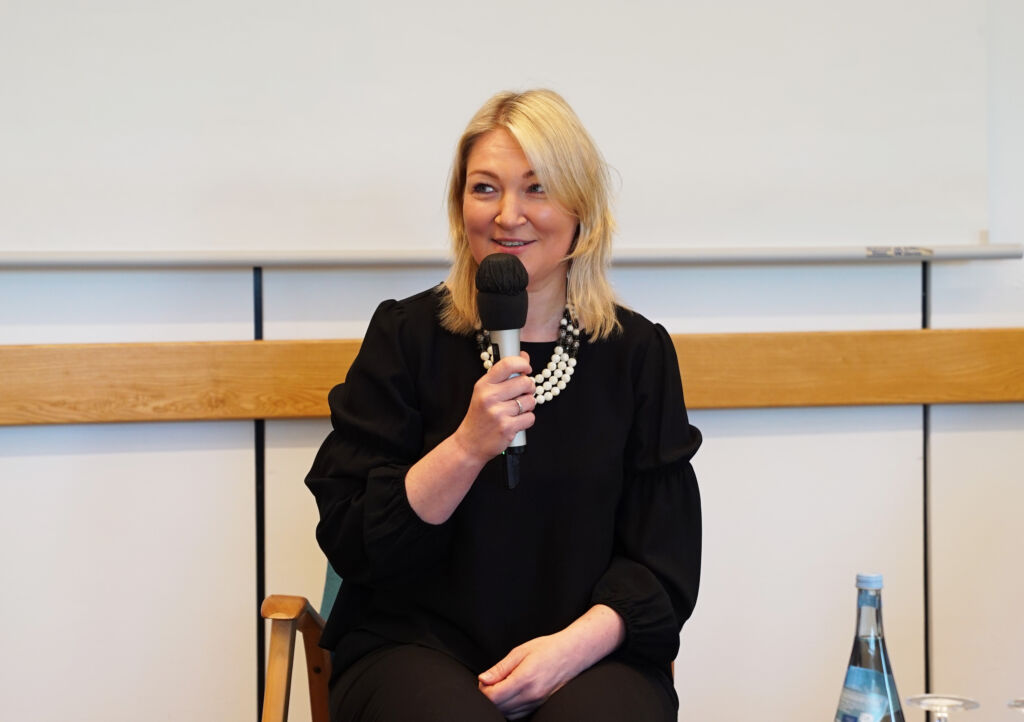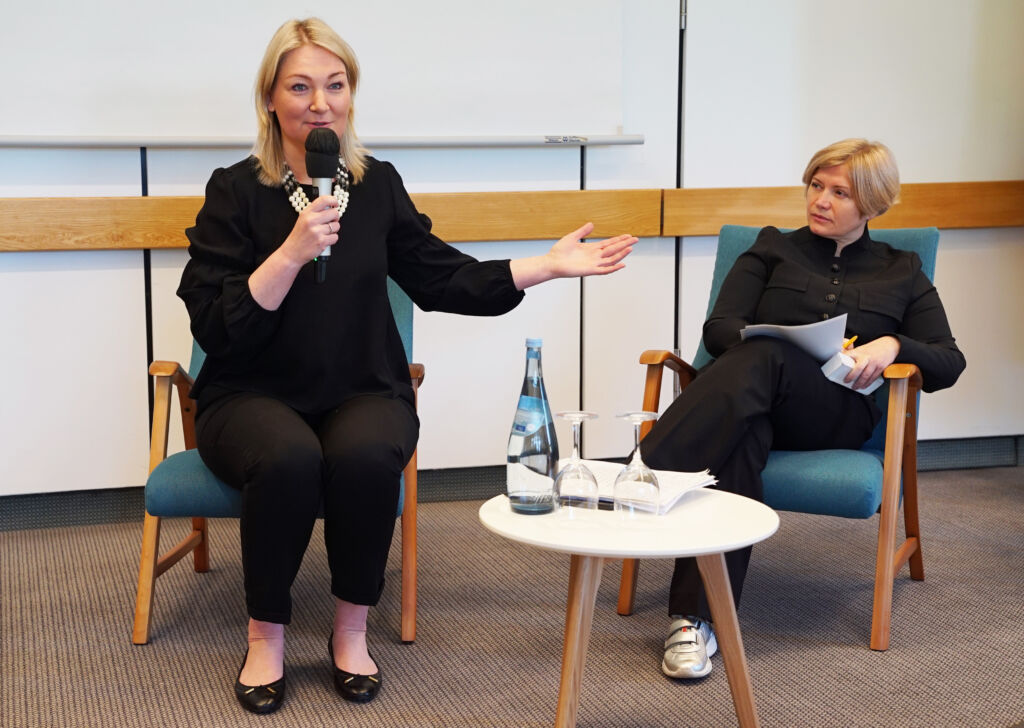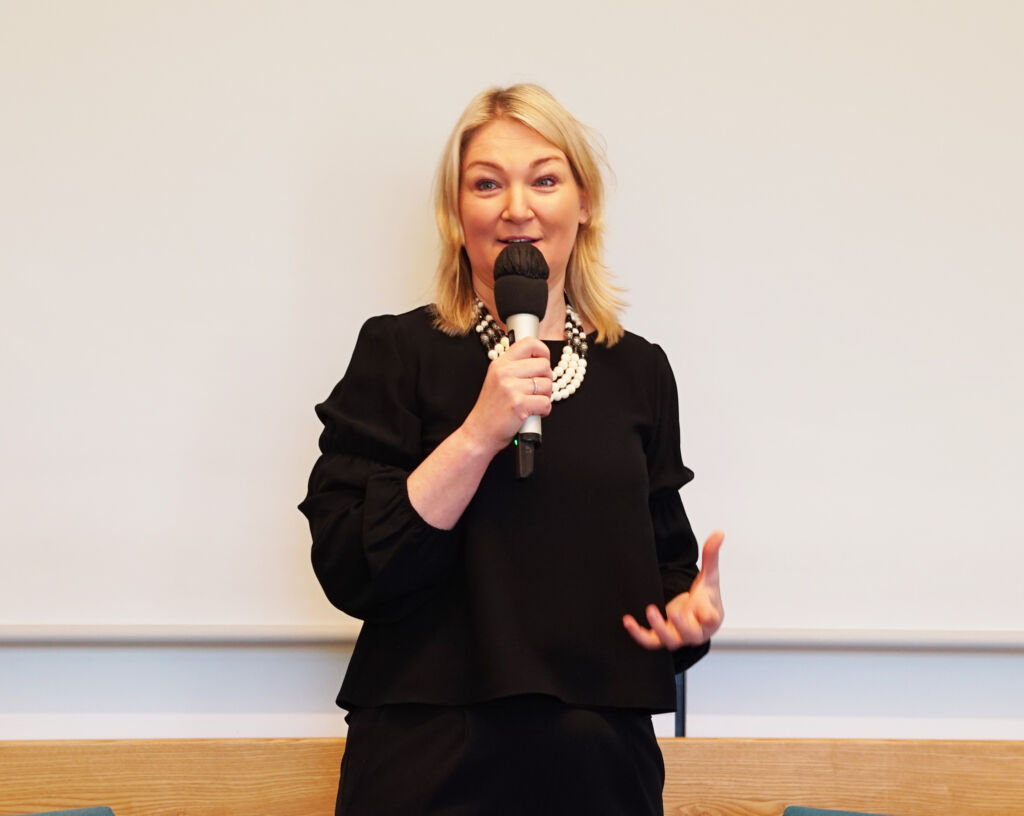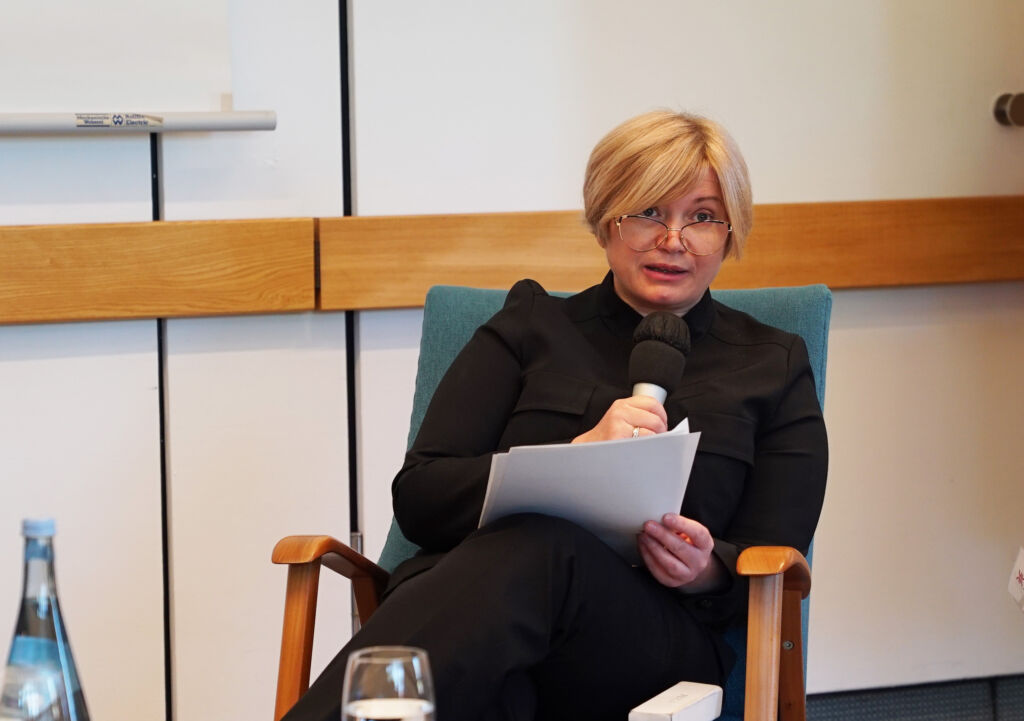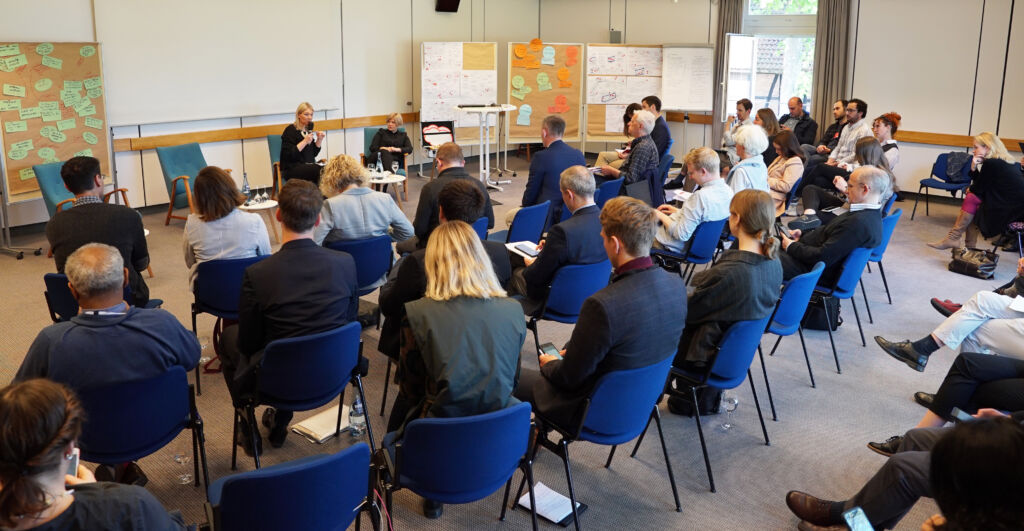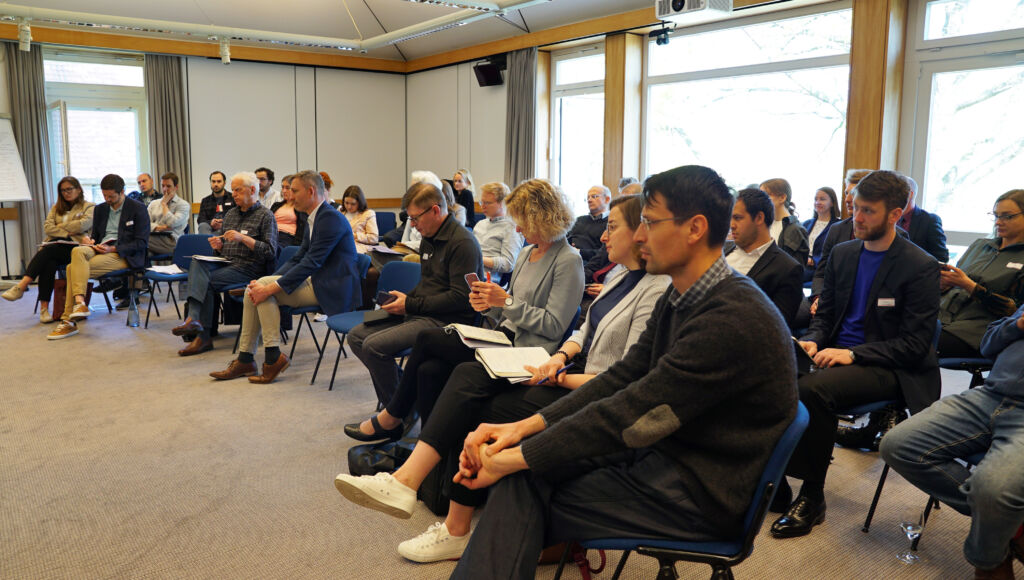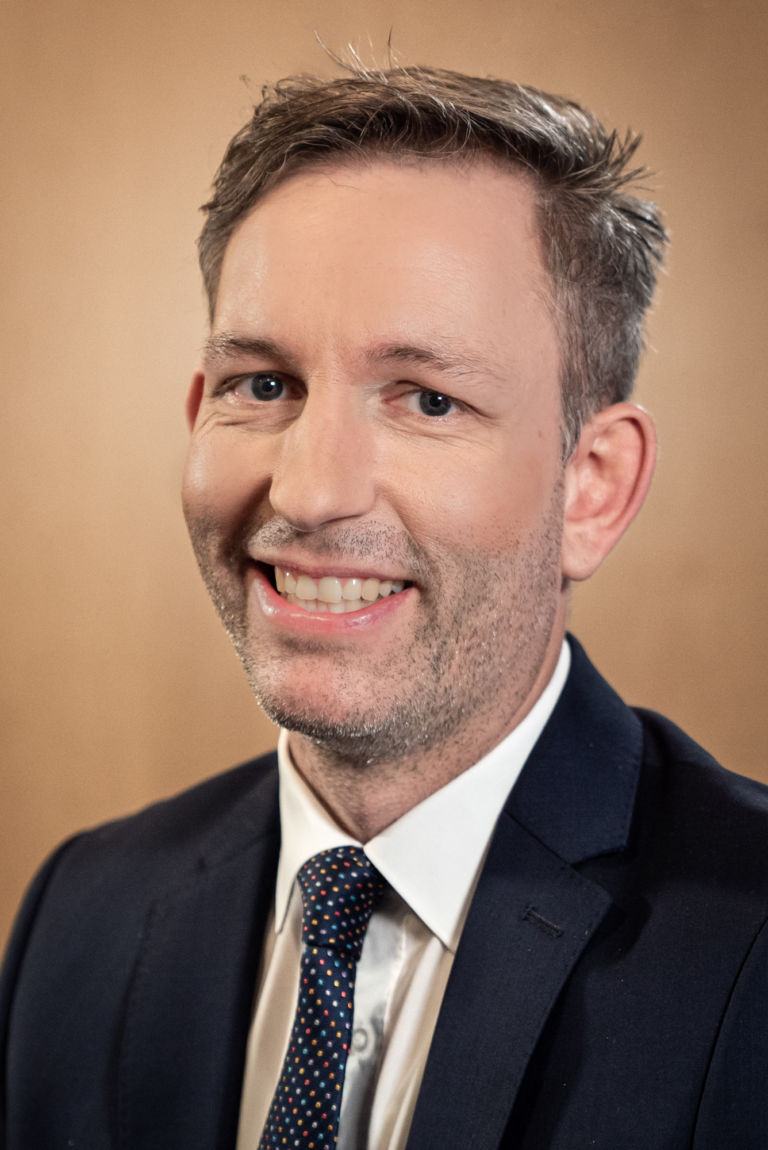With the following button you will be redirected to Google Translate:
to Google TranslateNavigating Within the Geopolitical Turning Point
Foresight Workshop on the Future of the War in Ukraine and the Upcoming (In)Security Order of the Post-Soviet Black Sea Region
04.05.2022 - 06.05.2022
Thema
Russia’s invasion of Ukraine signifies a major turning point. While it was clear to many observers that Europe’s security architecture has become brittle in recent years and that the territorial conflicts in the Post-Soviet space posed a considerable escalatory risk, the very high degree of military aggression with alarming numbers of civilian casualties we daily witness in Ukraine is nevertheless a shock for most experts. Swift reassessments of security and foreign policy priorities are now underway in many European capitals. This transformative geopolitical process is in full flight, although bumpy and wobbling in some countries – especially in Germany!
The aim of this foresight workshop is to analyze major trends and developments that currently shape the war as well as the larger conflict and to extrapolate contrasting scenarios about the future which then might provide orientation and indicators for potential policy options.
Your health is important to us. Therefore, please observe the current hygiene regulations of the Ev. Akademie Loccum. Thank you very much.
Medien
Downloads
Programm
zur DruckversionThe war of aggression in Ukraine has put cherished certainties into question. Swift learn learning curves are visible within many organizations across Europe. New priorities, beliefs, and worlds views are spreading. This process faces resistance and necessarily goes hand in hand with the debunking of beloved assumptions. In this introduction session, we want to go jointly on a journey and reflect on how and to what degree our views and those of our co-fellows changed in recent weeks – or where and didn’t. What strategic assumptions do we keep and what do we toss – and why? What did we learn and what did we already know? Where was our assessments correct? What did astonish and/or shock us – and how is the view of co-fellows on that? Apart from providing intriguing insights, this self-reflecting opening round serves as a “warm-up exercise” for the out-of-the-box thinking later needed in the scenario session.
Before moving to the scenario session, it is important to get a clear picture about the most crucial drivers that currently shape, the war in Ukraine, the ongoing conflict with Russia, and the future of the Post-Soviet Black Sea region. In this part of the conference, we therefore will try to identify these drivers and aim to evaluate to what degree and into which direction they will influence the situation on the ground in the future.
We will discuss topic-wise five different clusters of potential drivers: (1) strategic concepts & foreign policy ideas (2) the military situation (3) economic war consequences & sanctions (4) still a chance for diplomacy? (5) the role of civil society.
Following the interactive and open logic of our workshop, we will apply the fishbowl method in which all participants – invited speakers as well as members of the audience – are highly welcomed to contribute to the discussion. To document the findings, we will draw in parallel to the discussion a “driver map” which will later serve as a starting point for the scenario development.
In the current debate about the conflict with Russia, the war in Ukraine, and the future situation in the Black Sea regions, we see a high-frequency circulation of different sometimes contrasting strategic concepts and foreign policy ideas: NATO extension, EU enlargement, neutrality, security guarantees, “Finlandization”, systemic rivalry and imperial aggression, Cold War 2.0, restart of cooperative security in European, new concepts of containment, national security vs. regime survival … The list of ideas and concepts is long and seems to grow constantly. Moreover, the proposals are not only relevant for Ukraine, Russia and Western Europe but also affect Georgia and Moldova. As of early May 2022, what ideas and concepts are the most relevant currently in the strategic debate and therefore likely to shape the upcoming course of the conflict?
Putin’s original plan of a swift special operation in Ukraine seems to have failed within days if not hours. While Russia has by far a superiority in terms of manpower and military hardware, the Ukraine defense against the aggression is perplexingly strong – partly because of logistical problems and limited fighting moral on the Russian side and partly due to high fighting spirit among Ukrainians and ongoing supply for Kyiv’s troops by NATO weaponry. At crucial points at the front line the war seems currently to enter into a stalemate with urban battlefields at the center of the action – sadly, with terrible consequences for noncombatants The military situation is highly dynamic with potentials of further escalation – which could also affect Georgia and/or Moldova. And at the moment it is difficult to foresee who will in the end have the upper hand. As of May 2022, what are the major trends and developments on the battlefield, and do they have the potential to shape the future development of the military theater in Ukraine and the region?
Economic aspects – especially fossil energy including the difficult decision-making on the Nord Stream II pipeline – has been a major factor already in the run-up of the Ukrainian war. The Russian invasion has triggered a massive package of sanctions as well as some countermeasures coming from Moscow. Efforts to accelerate the reduction energy dependency from Russia are hastily taken across Europe and the de-globalization of Russia has become within a couple of weeks a tentative outcome. While it is, thus far, difficult to foresee all economic consequences of the war in Ukraine, it has nevertheless become clear that its results are tremendous and have global implications – yet its consequences are most felt in Ukraine, Russia, and the Black Sea region. Which economic developments and sanctioning trends are likely to be the most dominant factors in the future?
at different venues. Behind the scenes, diplomatic interventions from the US, Turkey, Israel, France, and other European countries are undertaken. And while it is currently uncertain whether there is enough willingness to find a solution at the negotiation table, think-tankers and foreign policy intellectuals across the globe ponder about potential negotiation solutions. What are the patterns, actors, formulas, proposals, venues, and forums within the diplomatic process on the Ukraine war that are most dominant in May 2022 and therefore likely to shape the future of the conflict?
Civil society plays a key role in the conflict. In Ukraine as they form a completely underestimate resource of resistance to the Russian aggression. In Western European countries (in particular in Germany) where the civil society shows mixed results between full-hearted solidarity with Ukraine on the one hand and reluctant acknowledgement for the upcoming era of confrontation on the other hand. In Russia where high Western expectations for large-scale civil protests against the Kremlin’s course were disappointed – partly because of harsh suppression and partly because of mindsets boosted by government-related media outlets, shared by ordinary Russians. And in Moldova and Georgia, civil society actors’ express solidarity with Ukraine but also fear growing instability. What are the major drivers in the narratives and actions of the affected civil society in the concerned countries?
Dark Sky Scenario Group Version 1 & Version 2
Blue Sky Scenario Group Version 1 & Version 2

